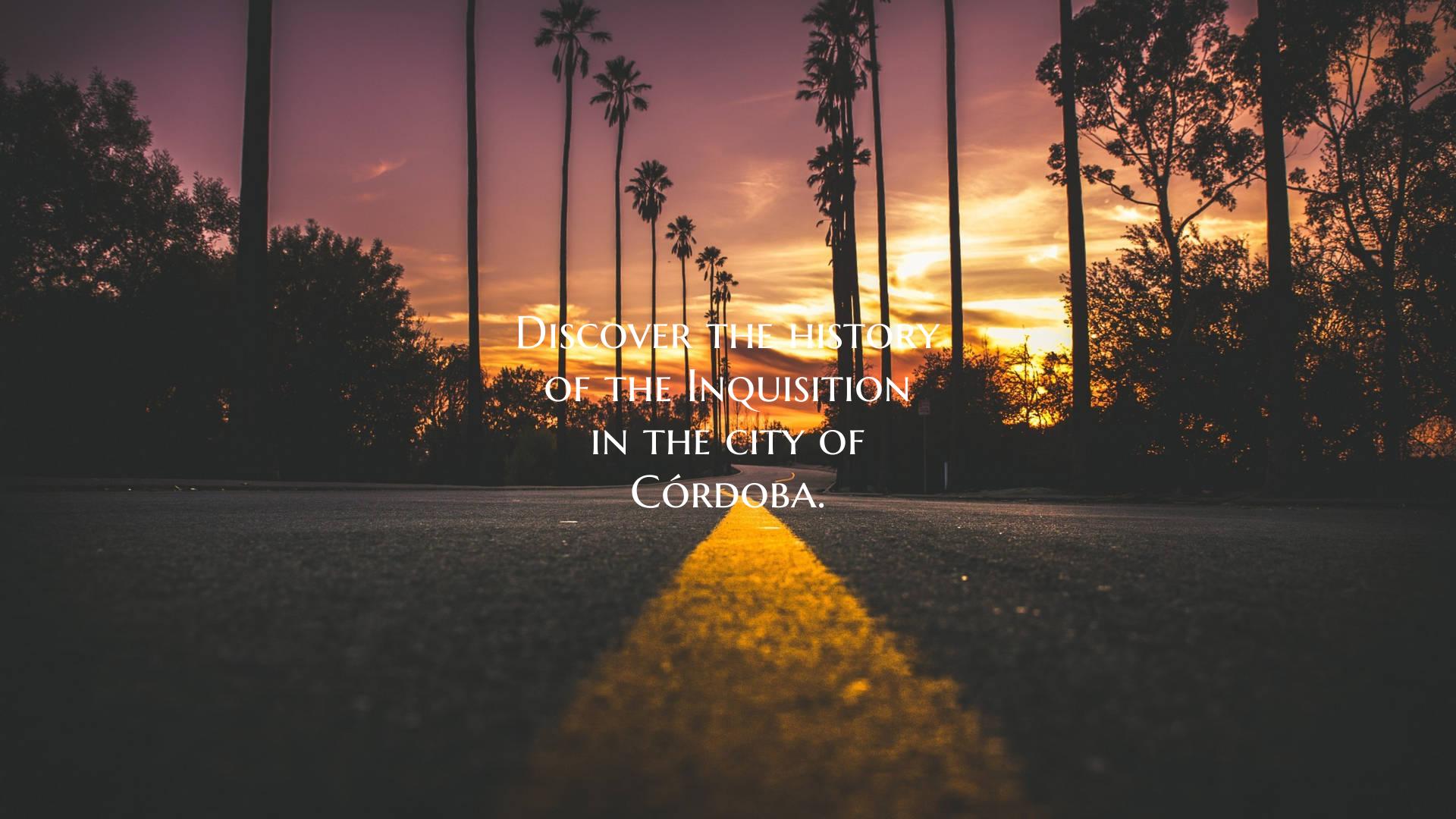
The city of Córdoba, located in southern Spain, has a long and complex history, including a significant period during which the Spanish Inquisition held sway over the region. The Spanish Inquisition was established in the late 15th century by the Catholic Monarchs, Ferdinand II of Aragon and Isabella I of Castile, with the aim of maintaining religious orthodoxy and unity in Spain.
In Córdoba, the Inquisition played a prominent role in enforcing religious conformity and rooting out heresy. The Inquisitors, often acting on tips or suspicions from local residents, would hold trials and interrogations in their quest to identify and punish those believed to be deviating from the Catholic faith.
During the Spanish Inquisition, individuals accused of heresy, blasphemy, witchcraft, or other religious offenses faced severe consequences, including imprisonment, torture, and execution. The Inquisition court in Córdoba was known for its strict enforcement of religious doctrine and its harsh punishments meted out to those found guilty of religious infractions.
The impact of the Inquisition on the city of Córdoba was profound, shaping the religious and social landscape of the region for centuries to come. While the Inquisition officially ended in the early 19th century, its legacy continued to influence Spanish society and culture.
Today, visitors to Córdoba can explore sites associated with the city's Inquisition history, such as the former headquarters of the Inquisition court and other related landmarks. By delving into this historical chapter, one can gain a deeper understanding of the complex interplay between religion, power, and society in Córdoba and beyond.